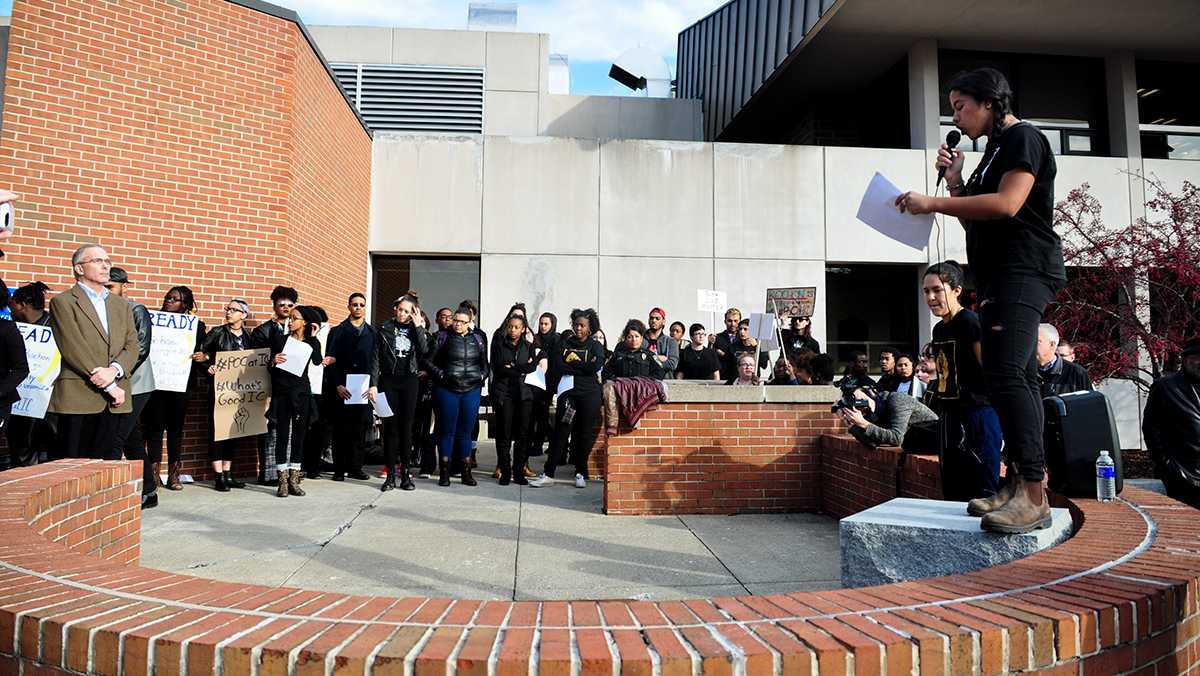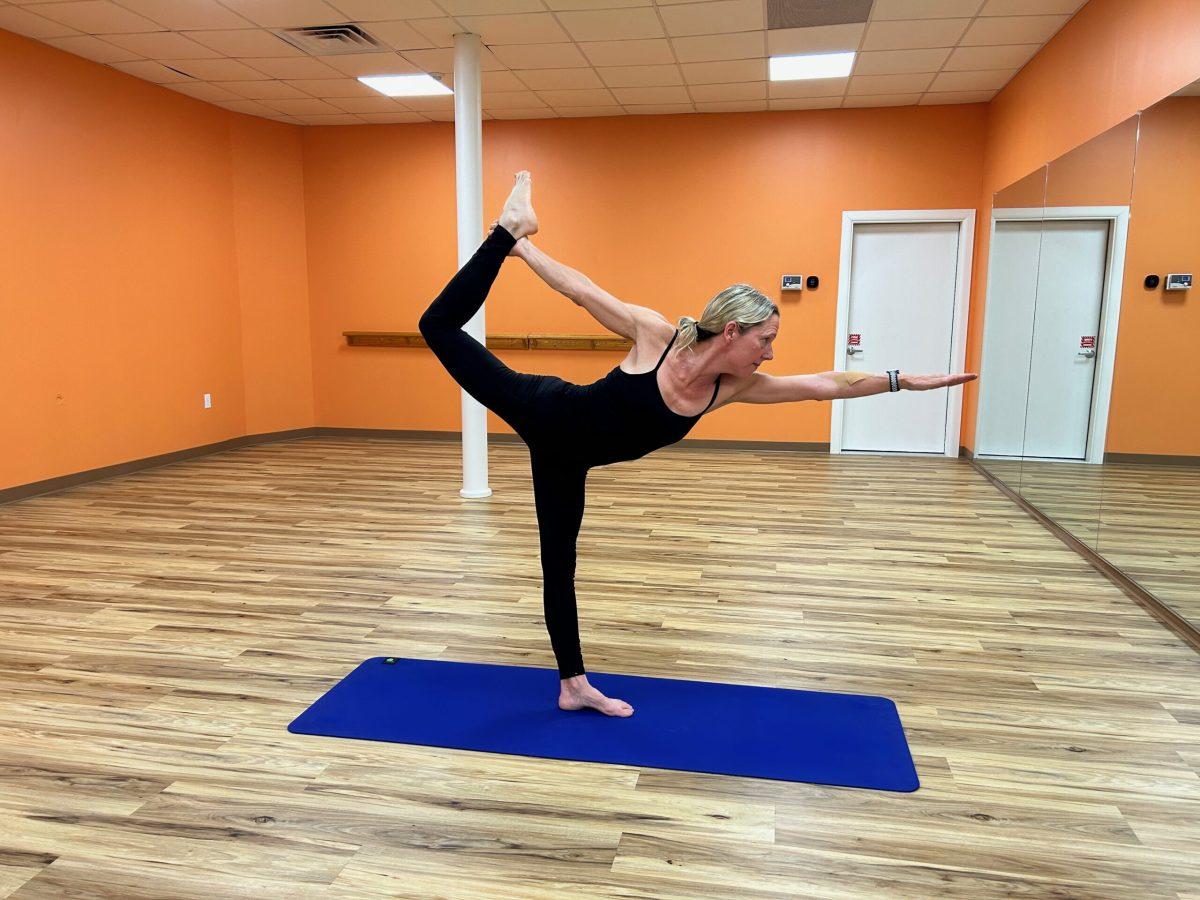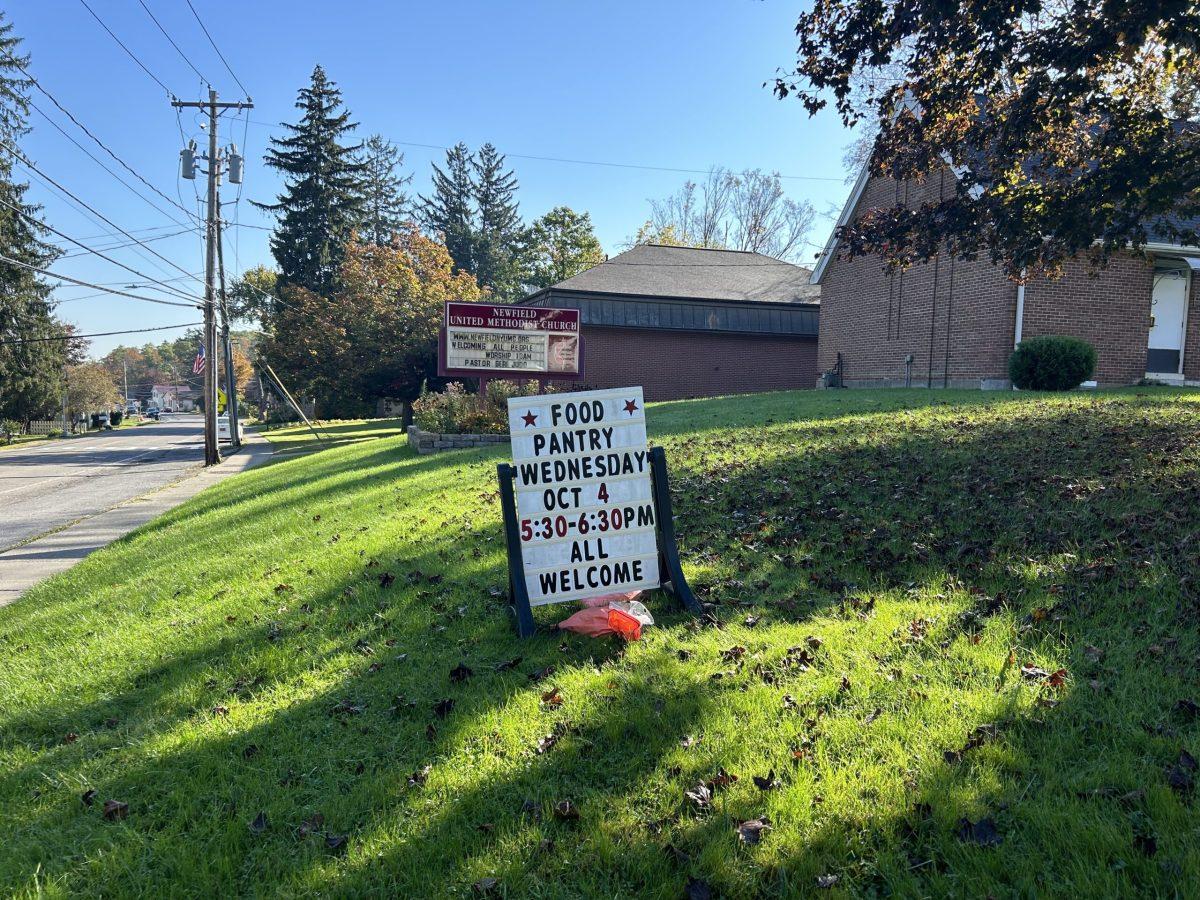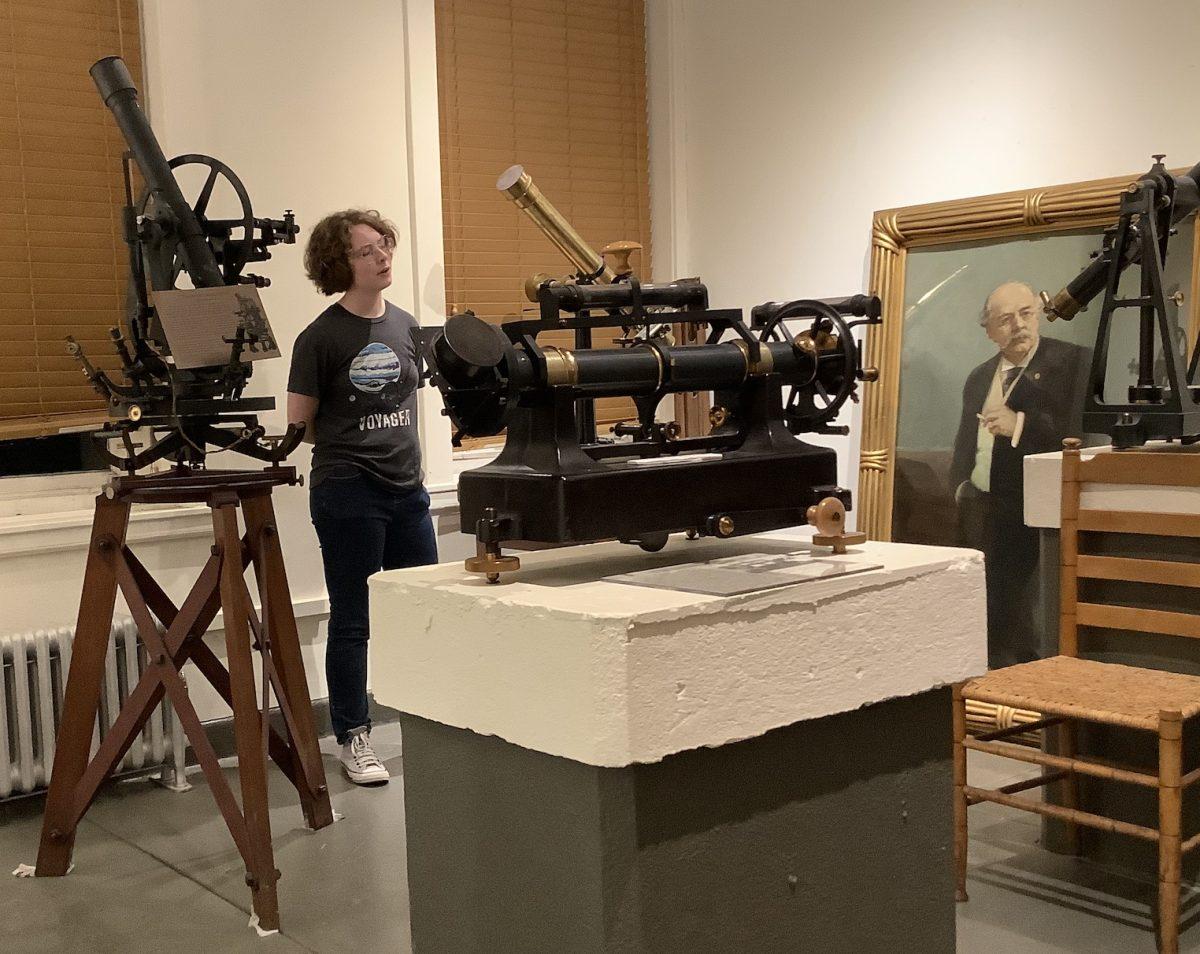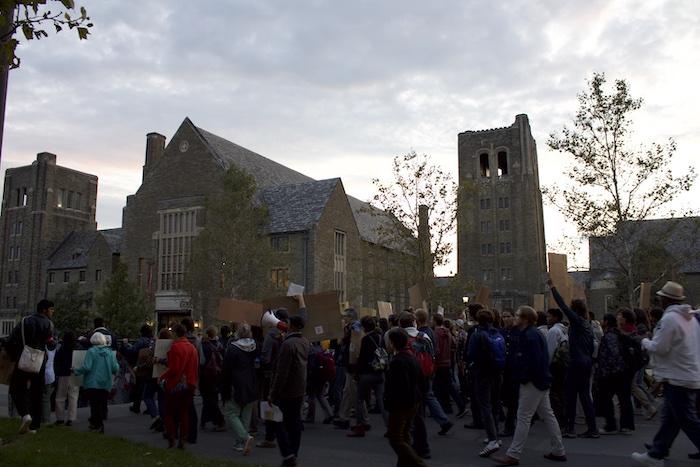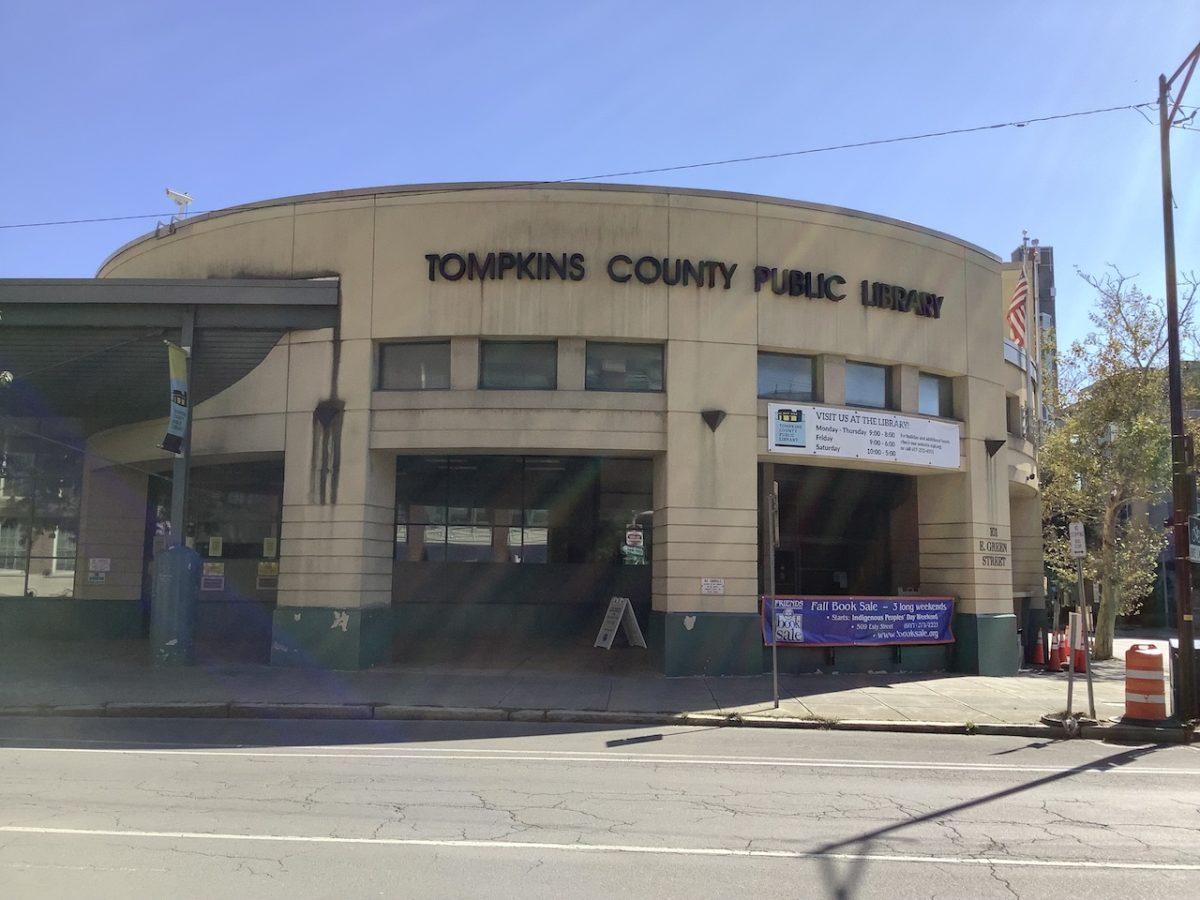Over a thousand Ithaca College students crowded the academic quad protesting racism on campus and calling for the removal of President Tom Rochon on Nov. 11, 2015. Students chanted “Tom Rochon: No confidence,” and participated in a die-in while spread out across the academic quad. Leading the protests while the campus community and national news outlets such as CNN and The New York Times looked on was student group POC at IC. The group comprised of about 20 students had been leading protests against Rochon and racism on campus for almost the entirety of the fall semester.
More than a year later, the college’s campus has been effectively transformed by the protests. In January 2016, Rochon announced he would retire in July 2017. Prior to his retirement announcement, Rochon had attempted to appease protesters by announcing an independent review of the Office of Public Safety and body cameras for all campus police officers.
Since the end of the fall 2015 semester and the disbanding of POC at IC, there have been a number of protests on the Ithaca College campus, but none have been as influential as the protests led by POC at IC. The experiences with intense activism stayed with many of the members and impacted their college careers.
Senior Taranjit Bhatti first began protesting during September 2015, when resident assistants protested statements made by public safety officers. Bhatti said continuously protesting throughout the fall semester wore him out physically and emotionally.

“It was taxing because there’s certain things I wanted to see get done that would produce more changes in the terms of policy and things like that, but nobody was on the same page and that’s what was taxing,” Bhatti said.
Bhatti also said he thinks the impact of the protests is mixed.
“I definitely think people still remember it and talk about racism on campus,” he said. “It started dialogue.”
Bhatti pointed to increased diversity training for RAs and the new opening of the public safety satellite office as changes that happened because of the protests. Yet, he said he still thinks the protest movement had its faults.
“There was such a inertia behind POC at IC, but we couldn’t capitalize on it at all,” he said. Ultimately, in the end, with PRW being occupied it turned into a slumber party that didn’t accrue any change.”
Junior Tyler Reighn joined POC at IC later in the fall semester prior to the group’s large walkout. Reighn said he thinks the protests by POC at IC were important, but also had positive and negative impacts.
“There’s a lot of good and there’s a lot of bad too,” Reighn said. “I think it needed to happen. That it was necessary. There are days still where I’ll see the people that I was in it with and we won’t talk and I’m like ‘Damn.’ I wish we could have done things differently and came out on the other side closer.”

Reighn said he did think the group helped to motivate other groups on campus to organize.
“I think that the impact of it was it showed what it took to organize a movement,” he said. “I think that it inspired a lot of people campus to really utilize their position and to advocate for what they believe in.”
Both Bhatti and Reighn brought up the contingent faculty unionization and rallies as an example of a movement that was inspired by POC at IC. Reighn said many faculty members were involved in supporting POC at IC.
“I look at the faculty strike, which was in the talks,” Reighn said. “They were talking about their contracts while we were occupying PRW. I know a lot of contingent faculty came out and supported us, so I think that I’m not going to say we have full credit for that of course .. but we were definitely a source of inspiration for that.”
Senior Gillian Wenzel was the only white member of the POC at IC working group. They said the movement was influential, even if there are changes that they wish could have been made.

“There are things I look back on that I wish we would have all done differently, myself included,” Wenzel said. “But, it was powerful. There were a few meetings that were over 6 hours.”
When it comes to the change that POC at IC caused, Wenzel said they were happy with some of the tangible changes, but wishes more could have been done.
“Everything from classes and syllabi to new presidents and body cams, that all feels really good,” they said. “If my goals were purely bureaucratic, I’d be very satisfied. Unfortunately, I haven’t felt the changes that I wanted to see from professors and students in regards to cultural competency and understanding diversity in the classroom.”
The POC at IC movement had a profound effect on the college, even if some of its members note that the movement could have been more effective and efficient.

